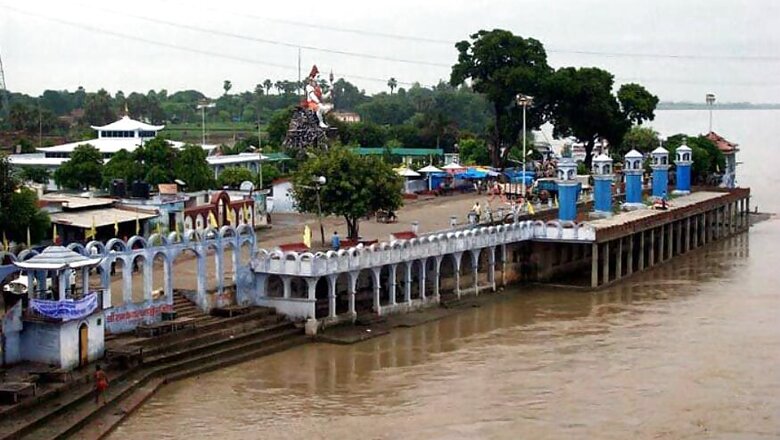
views
Badhal Ganj (UP): At a time when political discourse in Uttar Pradesh has shifted to cremation and burial grounds, one shamshan ghat (crematorium) stands out.
This shamshan ghat in Badhal Ganj town of Chillupar constituency has become a harbinger of a social movement, which, almost a decade ago, came to be the biggest agent of political change in this eastern UP constituency.
For decades till 2007, Chillupar was synonymous with alleged mafia leader-turned-politician Hari Shankar Tiwari. He won his first election from Chillupar in 1984 from behind bars. Since then, his will reigned supreme in this backward region. It was often alleged that elections were rigged in his favour.
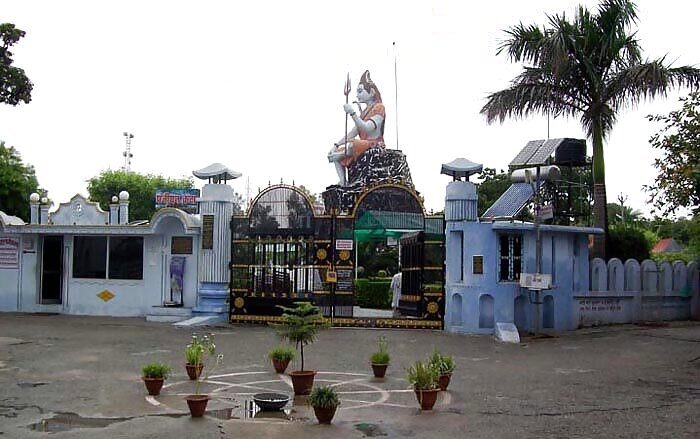
And then a silent change began. A group of men in their late 20s and early 30s started a campaign to restore the shamshan ghat at Badhal Ganj, located on the banks of Sarayu river some 60 km from Gorakhpur. Rajesh Tripathi was one of those men.
Tripathi, then a local reporter with a Hindi daily, and his friend Mahesh Umar, a trader by profession, went from village to village and door to door seeking funds to built the ghat. Recalling the days, Mahesh says, “The shamshan ghat was just a vast expense of field at the time. No shelters, no pukka places for cremation. No one even dared to look this way after sunset. Politicians were doing nothing. So we decided to take the matter in our hands.”
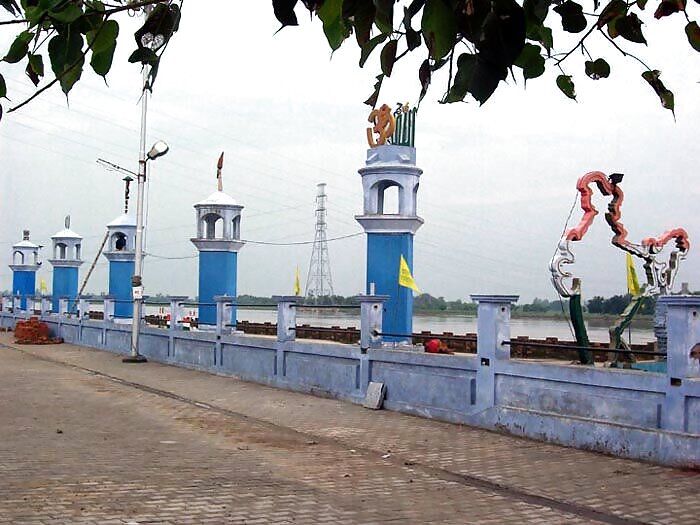
The efforts were initially met with hostility as not many were ready to donate money. “But then as the first bricks were laid at the ghat, support started pouring in,” adds Mahesh.
Over the next few years, Muktipath gained fame and started emerging as centre of day-to-day activities for all men, women, Hindus and Muslims. It started becoming an agent of new political consciousness. A consciousness that sought change from mafia politics, which until then was dominated by the likes of Hari Shankar Tiwari, who has the distinction of being the first politician to win from behind bars.
It was then that Rajesh Tripathi became the face of this political change. In 2007, he dared to contest against Hari Shankar Tiwari and went on to defeat him. Having won his first election on a BSP ticket, Rajesh again won the Chillupar seat in 2012 on a BSP ticket. In the ongoing elections, however, Rajesh is a BJP candidate from the same seat.
News18 caught up with him during his campaign in Chillupar. “No doubt a social movement out of the shamshan ghat led to a pragmatic change in politics of not only Chillupar, but the entire region of Gorakhpur. Politics of crime and mafia was replaced by the politics of social work and development,” he says.
The gate leading to Muktipath is now named 'Hindu Muslim Ekta Dwar'. When asked about the recent polarising comments in the campaigning, Rajesh says, “Our leaders said nothing wrong. The politics of discrimination should end. Hindu cremation grounds or Muslim burial grounds, all should be looked after and they can be a centre of day-to-day life and positive change in society.”
In this last border constituency of Gorakhpur, Rajesh Tripathi is yet again hoping for a victory. The irony, however, is that the party which had once supported him in his fight against the mafia, stands against him today. The BSP has picked Vinay Tiwari, the son of former MLA Hari Shankar Tiwari, to lead the charge here. The people in the constituency say BSP's support to Tiwari was the reason why Rajesh went to the BJP.














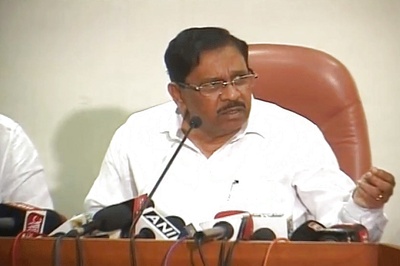
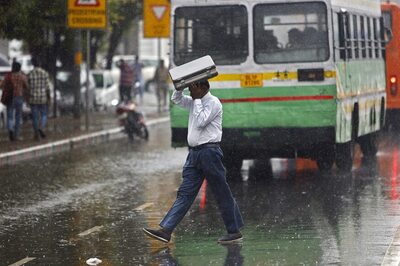
Comments
0 comment